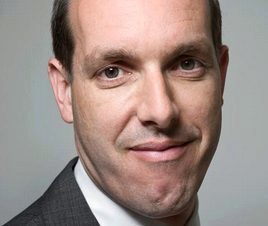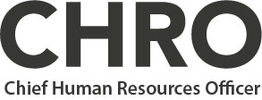Psychodynamica in de relatie tussen de private equity investeerder en investee

Psychologisch onderzoek naar de relatie tussen PE investeerders en buyout managers suggereert oorzaken voor de systematische weerstand bij Private Equity om pre-deal gericht onderzoek te doen naar ‘human capital’ aspecten van een mogelijke investering. Daarnaast worden redenen aangegeven waarom PE professionals post-deal moeite hebben om tijdig in te grijpen in het Top Management Team (b.v. het ontslaan van de CEO). Dit artikel is geschreven in het Engels.
Due to the financial crisis, certainly over the last 5 years acquisitions have become (much) less leveraged and more equity heavy. Before, financial structuring (including recapitalisation) could be the primary source of investment return. That seems to be no longer the case. The quality of the CEO and his TMT are becoming increasingly important to secure the value creation and equity return levels that investors (like pension funds and (re-)insurance companies) require.
In a survey among 60 Private Equity (‘PE’) senior professionals, 85% indicate that the most critical factor for successful investments is the quality of the CEO and his or her Top Management Team (‘TMT’) working together to ‘deliver’ the business case underlying the investment. Because these human capital dynamics are significant components of investment returns post-deal, it could be expected that pre-deal, the human capital lens (both on the individual and the TMT level) is an important tool for PE professionals in assessing the attractiveness of an investment. Nonetheless, an M&A process in which a human capital due diligence is conducted pre-deal is an anomaly. Unlike financial, legal, tax and technical due diligence, (a form of) human capital assessment is not in scope of the pre-deal information gathering process. From the perspective of thorough and diligent decision making, not focusing on the human capital dynamic seems irrational.
Combining literature review, a market survey and 25 interviews (15 investors, 10 investees), this Insead master thesis tried to gather insights about interactions between the investor (the PE professional) and the investee (the CEO/TMT) in order to deduct relevant psychological dimensions. It was particularly established that pre-deal, PE investors overconfidently trust their own judgment and that the perceived ambiguity of human capital information interferes with successfully fulfilling their primary task of ‘doing the deal’. Based on the research, my suggestion would be that the perceived ambiguity of human capital information ‘psychologically disarms’ the deal maker. The non-codified, qualitative human capital data lacks the predictive power the investor is looking for. In addition, investors overconfidently trust their own judgment to assess the relevant human capital dimensions of an investment case. Thirdly, a sense of urgency is missing because of PE firm’s positive financial track records. The combination of these factors leads to acceptance of the status quo.
Post-deal, the investor’s psychological contract is suggested as a cause for the struggle to actively intervene in the TMT. Also, based on observed patterns of de-personification and rationalisation, it is suggested that PE professionals use the governance structure as a defence mechanism to cope with personal anxieties.
Thesis objective
The author aims to contribute to a better understanding of the investor-investee psychodynamics in M&A transactions by PE firms. The thesis attempts to increase the awareness which psychological dimensions play a role in PE’s struggle to effectively intervene in the TMT post-deal. By doing so, a contribution is made to improving PE firms’ effectiveness in managing human capital issues within their portfolio companies. Also, a case is made for revisiting the M&A deal process to include more focus on TMT quality and dynamic as a key decision making factor in investment assessment.
Bent u private equity manager en wilt u verder praten over dit onderwerp tijdens het Private Equity Summit op 22 april? Stuur dan een mail naar M&A Community Manager Ezri Blaauw.
Neem contact op met Hans Bongarts voor vragen over het onderzoek.














